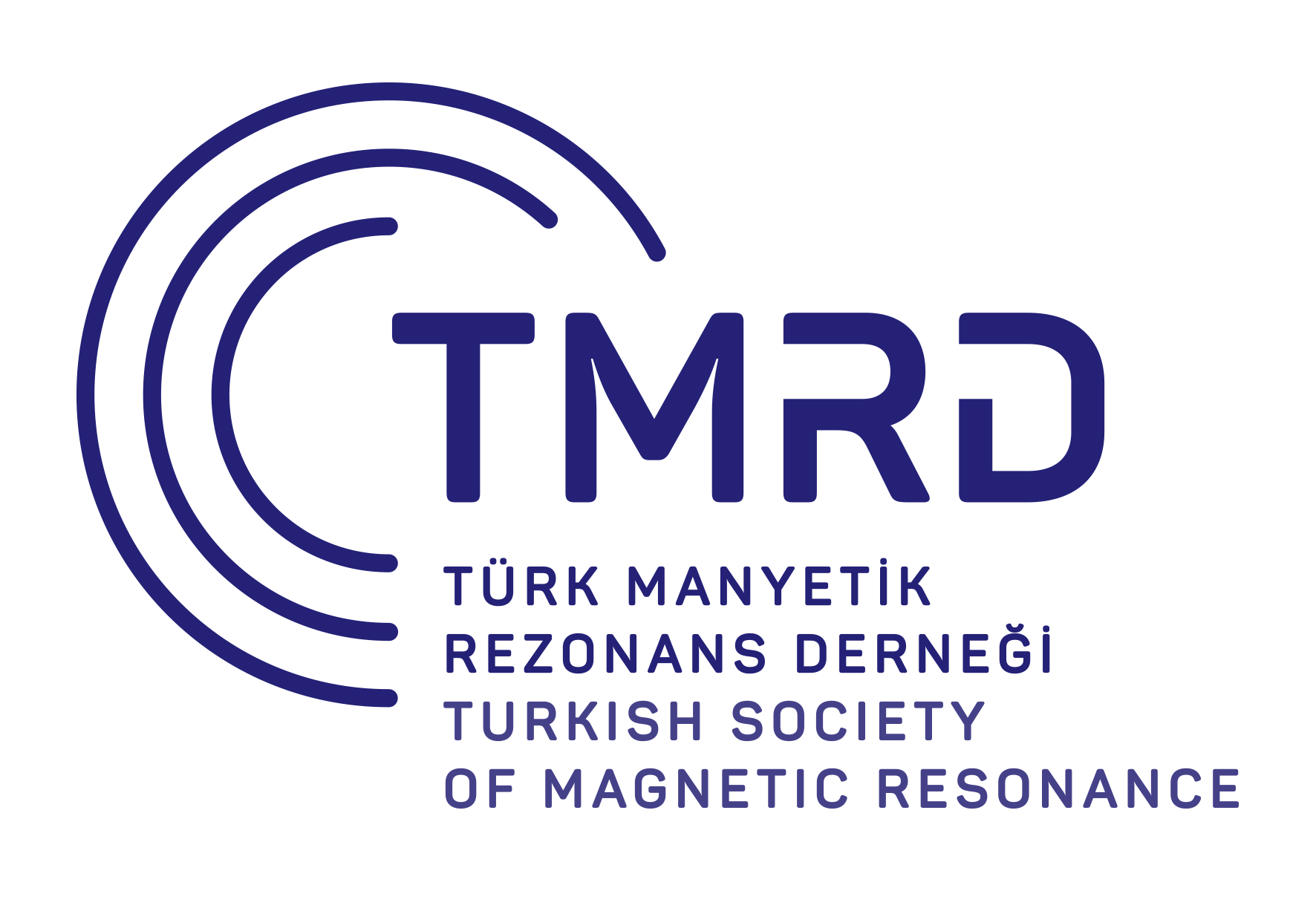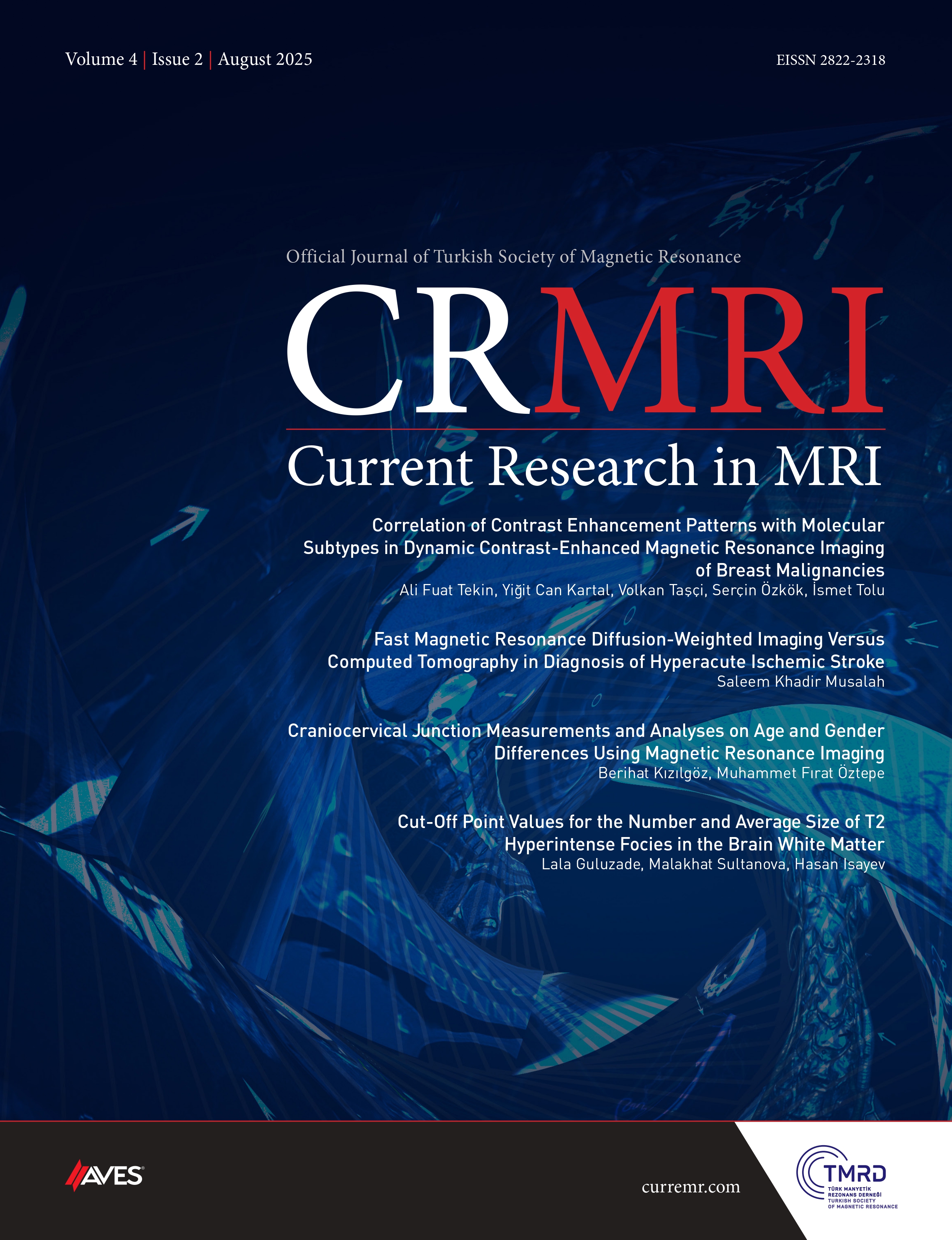Objective: Coronavirus disease 2019, caused by the novel coronavirus severe acute respiratory syndrome coronavirus 2, has affected millions of people worldwide since its emergence in late 2019. Although children generally experience milder symptoms compared to adults, there have been reports of severe cases and post-infectious complications, including neurological manifestations. This article discusses the role of magnetic resonance imaging in detecting cranial complications in pediatric patients with a history of coronavirus disease 2019 infection.
Methods: In our study, we retrospectively scanned the images of 246 pediatric patients who had coronavirus disease 2019 between April 2020 and June 2022 and then underwent cranial magnetic resonance imaging with diverse complaints at a tertiary healthcare center. Pathologies that were identified were classified and recorded as final data.
Results: In a study of 246 pediatric coronavirus disease 2019 patients, neurological complications were relatively rare. Most children experience mild or asymptomatic cases. Serious complications such as multisystem inflammatory syndrome in children developed in 8 patients (3%), acute disseminated encephalomyelitis developed in 10 patients (4%), a cerebral vascular infarct developed in 20 patients (8%), non-specific T2 Weight imaging and Fluid attenuated Inversion Recovery(T2WI -Flair) hyperintensity developed in 120 patients (48.6%), and meningoencephalitis developed in 10 patients (4%).
Conclusion: Of the patients examined in our study, 67.8% exhibited pathology. T2WI and FLAIR sequences revealed non-specific hyperintensity foci as the most prevalent pathology. Further research is needed to determine the optimal timing and indications for magnetic resonance imaging in this population, as well as the correlation between magnetic resonance imaging findings and long-term neurological outcomes.
Cite this article as: Kazcı Ö. Magnetic resonance imaging examination for the detection of cranial complications in pediatric patients with post-coronavirus disease 2019 infection. Current Research in MRI, 2023;2(3):55-58.



.png)
